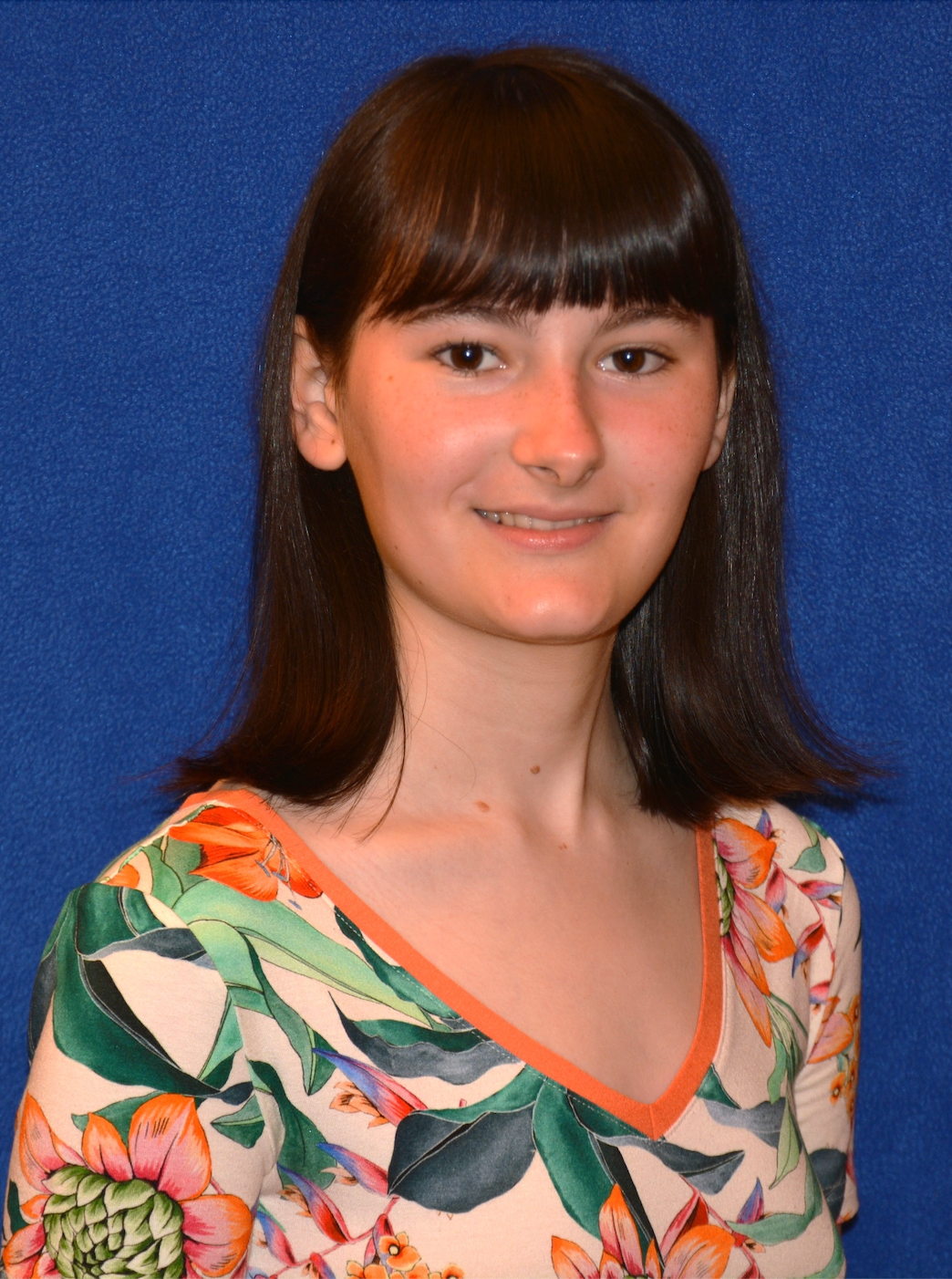To recognize student achievement and to motivate students to improve their communication skills, the Program in Writing and Communication offers awards with cash prizes for the most outstanding expository and analytical essays and oral presentations each academic year. Congratulations to our winners!

Vera Geppert, First Place, Best Expository and Analytical Essay
“The Klamath River Dams: A Century of Conflict and the Movement for Restoration” read essay
FWIS 260 – Global Indigenous Environmentalism
Vera Geppert was raised in Kemah, Texas and resides at Baker College. Though she is receiving a dual degree in mechanical engineering and economics, Vera also enjoys writing. Ever the skeptic, she questions the way environmental debates and triumphs are portrayed by the media, and this led her to do a deep dive into the topic of the Klamath River dam removals. What she found is that the public is often provided with a sensationalized story which ignores the nuance of environmental victories like the Klamath Dam removals in favor of a good versus evil narrative. This adversarial mindset, however, is not always what’s best for the environment; collaboration is needed to solve most environmental problems, and contrary to popular belief, actions that are beneficial to the environment can also make financial sense – the Klamath River dam removals showed just that.

Riley Varn, Second Place, Best Expository and Analytical Essay
“Laying the groundwork for the creation of a probe for detecting Houston Toads using environmental DNA” read essay
FWIS 115 – Exploring Biological Research Challenges
Riley Varn is originally from Colorado Springs, CO. Writing this essay through FWIS 115 gave him a strong foundation in writing scientific articles. The class also taught him important laboratory skills and about how the scientific process is typically implemented in a laboratory setting.

Alexa Bu, Third Place, Best Expository and Analytical Essay
Compulsory Compliance and Immigrant Entrepreneurship in "The Family Business: Iris Cleaners" read essay
FWIS 296 – Business in the American Imagination
Alexa Bu is a student from Jones College, born and raised in Houston. Through her essay, Alexa gained awareness of the injustices immigrant entrepreneurs are obliged to accept in order to survive in America.

Daniel Hong, First Place, Best Oral Presentation
Lessons from Measles in Joseon Korea view presentation
FWIS 179 – Medicine and Disease in Transnational Asia: A Historical Perspective
Daniel Hong is from Los Angeles and is a member of Brown College. His presentation explores how historical responses to measles reflected both the limits of medical knowledge and cultural values that shaped care during epidemics. The project also highlights how writing can reveal connections between history and modern understanding of medicine.

Amy Shi, Second Place, Best Oral Presentation
Impressionism as Proto-modernism view presentation
FWIS 292 – The Roaring 20s
Amy Shi is from Orange County, California, and a student at Baker College. As an artist with a quiet devotion to art history, she was struck by the moment painting turned from faithful realism toward visions no eye could witness. Monet's art style was adorned by visible brushstrokes, while having stark contrasts of warm and cool, and saturated colors seeded the wide immediacy of Kirchner and the dreamlike atmospheres of Dali.

Ainsley High, Third Place, Best Oral Presentation
"Effects of Using Multiple Hand and Fingers on Haptic Performance" view presentation
FWIS 115 – Exploring Biological Research Challenges
Ainsley High is a Will Rice sophomore from Oakland, California, studying biochemistry. Her project explores how haptic science can enhance the efficiency and usability of digital interfaces for people who are blind or visually impaired.
